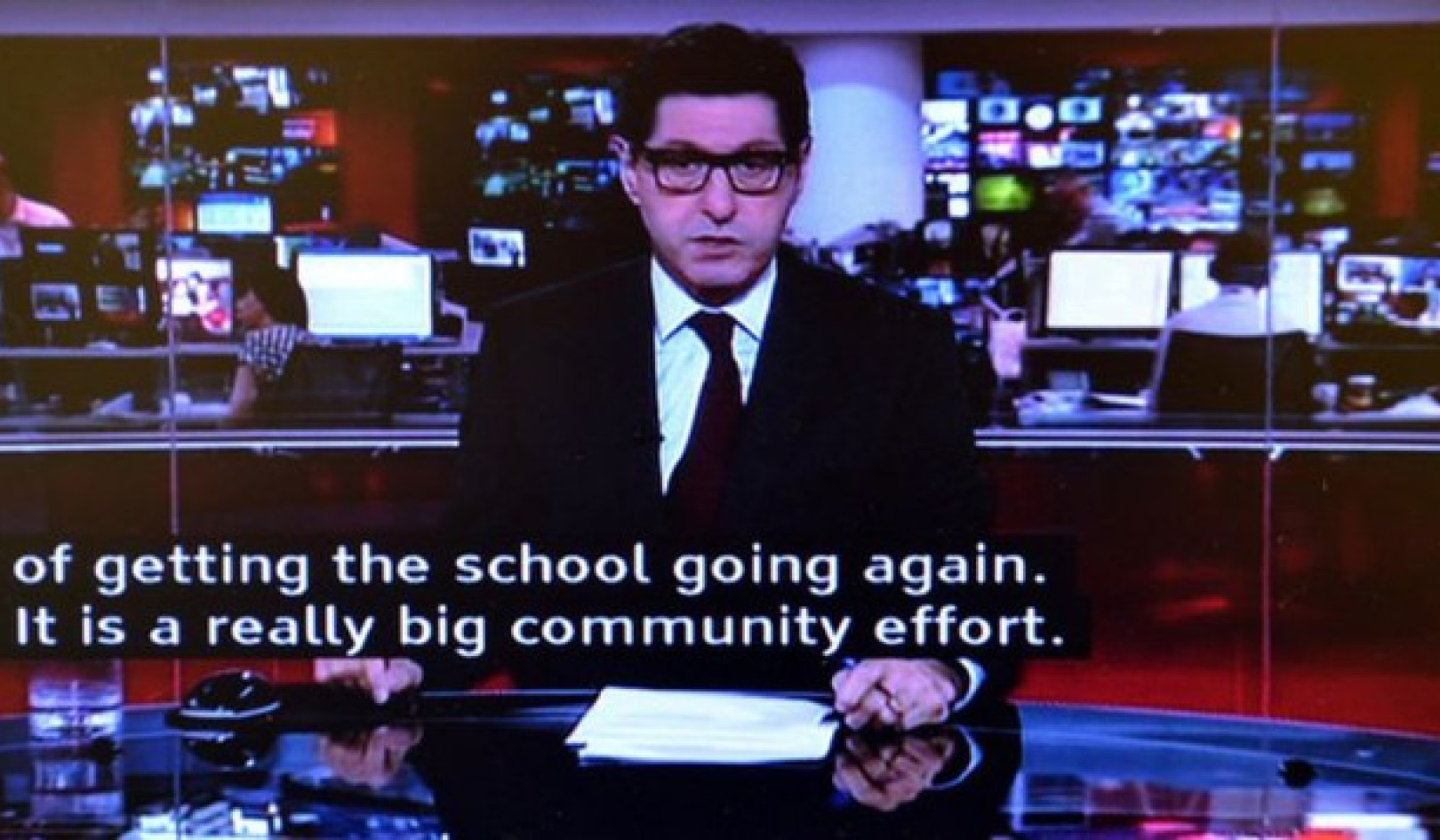
Most people spontaneously look for solutions that meet everyone’s needs. We want to please the people we love and want to please ourselves. It’s when we get stuck that we start to look for a compromise or think someone has to sacrifice.
To create a joyful solution, you start with the attitude that everyone can get what they want. That is the biggest factor. Starting from that approach is so powerful because when you believe that everyone can get what they want, you can help the other person get what makes them happy.
Going for the Win-Win Joyful Solution
Often people are focused on scarcity: they think there is only a limited amount of whatever, so they have to put all their energy into trying to get what they can of it. Then the other person picks up on that and feels pushed away. And then they feel they also have to put all their energy into getting whatever they can, and it becomes a tug-of-war.
But the dynamic changes dramatically when you approach the other person with the attitude of “This is what I want. Help me understand what you want, because I want to help you get what you want too.”
When people feel that, the tension dissipates. From that emotional place they will often happily make adjustments because they see it as getting them closer to what they want.
So, creating joyful solutions begins with believing you can. The greatest limitation to finding a fully satisfying solution for everyone in any situation is the belief that compromise is as far as you can go.
There is nothing inherently wrong with compromise, but intimate relationships feel more secure and supportive when both people know they’re on the same side. When people are limited to compromise or even sacrifice, each person tends to think they must push against the other or give up.
The Two Key Parts to Finding Joyful Solutions
Finding the Essence
While you may not always be able to get what appears on the surface, you can find a way to get the essence of what you want. Say there is only one piece of blueberry pie left and two of you want it. If your friend eats it, there’s none for you. A good compromise would be for each of you to get half. That’s easy, and most of us would stop there. Everyone gave up an even amount.
But what if you don’t want to give anything up? If you stay focused on either you or your friend getting that last piece of pie, then you’re stuck — there’s only one. Instead, each of you can ask yourself, “What is the essence of what I want?” Perhaps one of you wants the taste of blueberries and the other wants pie or just a sweet dessert.
On the surface, it looks like you want the same thing — that last piece of pie. But what it means to each of you can be vastly different. Getting the pie is the solution to fulfilling a desire. When you look at the essence of that desire, you can begin to see that there might be other ways to fulfill it.
So the question to ask is, What is it that each of you is looking for when you say you want the pie (or whatever the surface issue is)?
A friend of ours who is a mediator has a great story about two farmers who were fighting over an orange grove. When they were finally forced to sit down and talk to each other, to their surprise, they found out one wanted the orange rinds and the other wanted the juice.
Go Wide
Once you know the essence, you can begin to go wide — that is, look for alternatives that can fulfill the essence. In our pie example, you might ask, “Are there any other sweet desserts in the house? Can we easily get something even better somewhere else?” You could even go on a dessert-hunting adventure.
The main things that keep people from joining together to create Joyful Solutions are anger and mistrust. If you wait to approach the other person until you or they are angry, or if you have a history of approaching each other with criticism, one or both of you will not want to participate.
So if you feel angry, before you begin engaging with the other person, use your Inner Feeling Care System to rebalance yourself. When you know you can create solutions that feel good, it will be relatively easy to take charge of your anger rather than having it take charge of you.
Once you begin to send clear, unambivalent messages that you want to help the other person (knowing you can get what you want too), any anger or mistrust they have will dissolve over time.
Excerpted from the book Succulent Wild Love
©2015 by SARK and Dr. John Waddell.
Printed with permission of New World Library.
www.newworldlibrary.com
Article Source
 Succulent Wild Love: Six Powerful Habits for Feeling More Love More Often
Succulent Wild Love: Six Powerful Habits for Feeling More Love More Often
by SARK and Dr. John Waddell.
Click here for more info and/or to order this book.
About the Authors
 SARK (Susan Ariel Rainbow Kennedy) and Dr. John Waddell are the authors of Succulent Wild Love. SARK is a best-selling author and artist, with sixteen titles in print and well over two million books sold. Dr. John has been helping individuals and couples lead happier lives for over 30 years through his clinical psychology practice and metaphysical teachings. Visit them online at PlanetSARK.com.
SARK (Susan Ariel Rainbow Kennedy) and Dr. John Waddell are the authors of Succulent Wild Love. SARK is a best-selling author and artist, with sixteen titles in print and well over two million books sold. Dr. John has been helping individuals and couples lead happier lives for over 30 years through his clinical psychology practice and metaphysical teachings. Visit them online at PlanetSARK.com.























